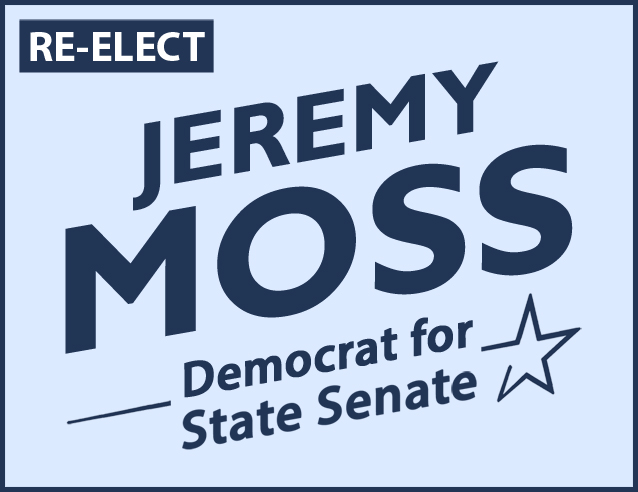After hours of backroom haggling the Michigan House, late Wednesday night, approved a $1.2 billion road funding potholesplan.
It includes a 7.3 cent increase in the diesel tax, a 3.3 cent increase in the gasoline tax, a bump in vehicle registration fees of about $40 per car and taking $600 million from the General Fund. The plan also calls for expanding the Homestead Property Tax Credit by increasing the household income range.
State Representative Peter Pettalia, R-Presque Isle, voted for the plan and concedes it’s not perfect.
“How many times, in this legislative body, have we sat here and gave up almost perfect for perfect,” inquired Pettalia on the House floor. “Waiting for perfect now is not the answer.”
The plan would be phased in over five years meaning the state actually wouldn’t hit the $1.2 billion mark until 2021. That was troubling to State Representative Jeremy Moss, D-Southfield, who voted no.
“This plan tells residents in this state that, maybe, the crumbling main thoroughfare in your city will be repaired,” said Moss. “But it won’t be repaired until 2022, at the earliest.”
Moss says waiting that long to fully fund road repair projects is like swapping one pothole for another.
The bulk of the money generated from tax and fee increases will come from the bump in vehicle registration fees. State Representative Jeff Irwin, D-Ann Arbor, told lawmakers he doesn’t understand why a gas tax increase — which would be paid both by people who live in Michigan and people who are just visiting — isn’t a bigger piece of the puzzle.
“There’s a lot of people here in Michigan, driving around and using our roads, who aren’t from Michigan,” said Irwin. “So why are we selecting as the main revenue vehicle a tax that only hits Michigan citizens?”
Despite complaints by Democrats, State Representative Al Pscholka, R-Stevensville, says there’s a lot to like in the plan.
“We’re fixing the roads, we’re prioritizing our spending, we’re increasing competitive bidding, we’re providing tax relief for seniors and low-to-moderate income folks,” said Pscholka, closing out debate on the bill.
The governor says he’s encouraged by the progress but wants to make sure the plan is fiscally responsible.
The measure now moves to the Michigan Senate, where the Republican leader there says he’s eager to look over the spending plan..
